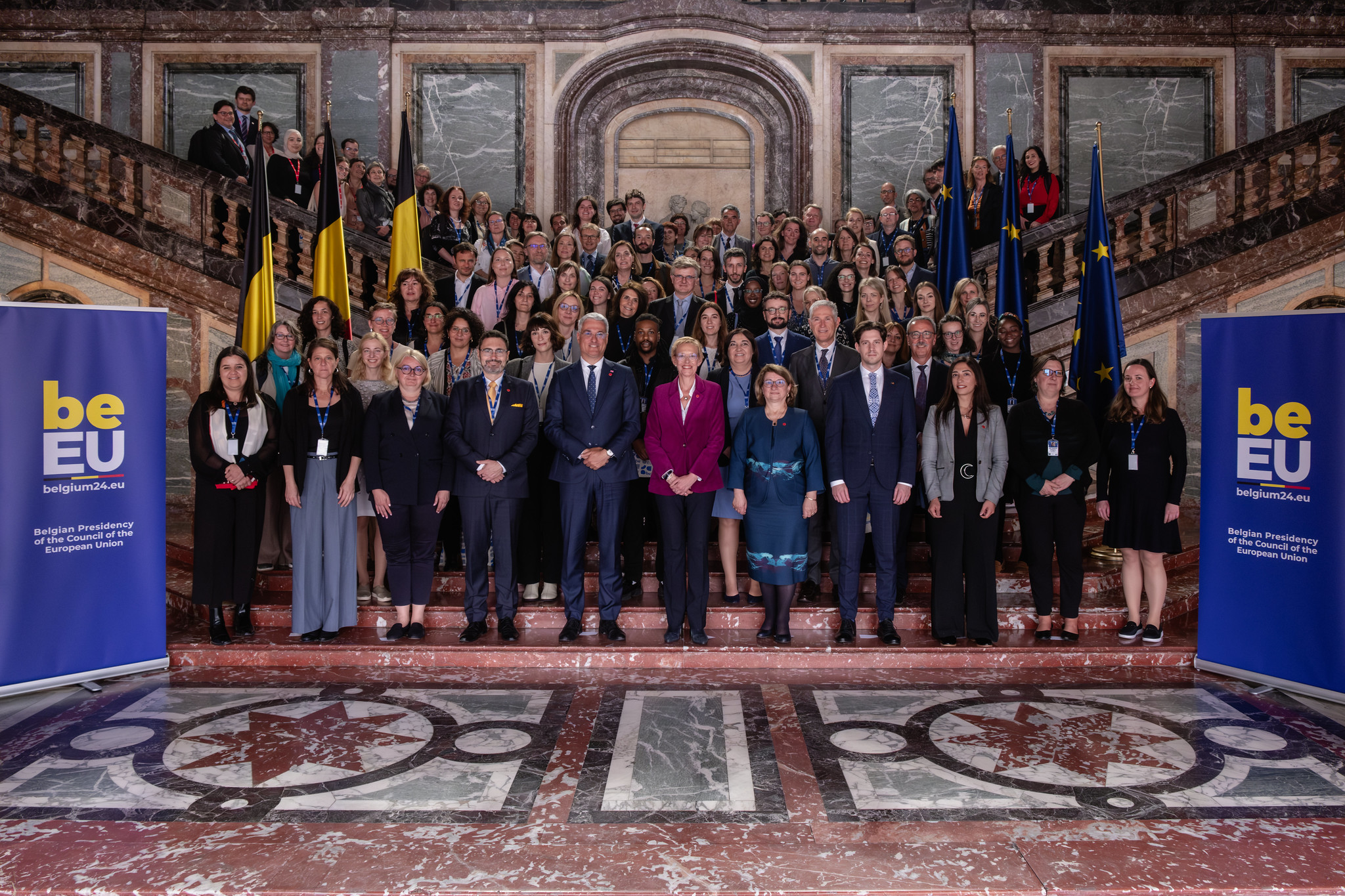Towards No Child Poverty in Europe 2030
Growing inequality affects children’s access to healthcare and education; poverty continues to remain persistently high among children (24%), compared to the adult population (22%). Despite this, the European Semester – the European framework for socio-economic coordination – has failed to motivate countries to prioritise children.
These findings from Eurochild’s new report on the 2019 European Semester were launched at the Towards No child poverty in Europe 2030 event on 14-15 November in collaboration with the Bertelsmann Stiftung in the European Parliament in the presence of European policy makers and civil society actors.
Based on our analysis across the 22 countries that participated in this year’s report, we found the following:
1. Child poverty still not given the attention it deserves
2. Particularly vulnerable groups of children being left behind
3. Welcome attention given to early childhood education and care
4. More effort needed to prevent family separation
5. Systematic participation of children, a right of all children, is still underdeveloped.
The report New opportunities for investing in children comes at a time when Europe’s next strategic direction is under discussion with the start of the new legislature. Eurochild makes the case for prioritising children, and setting corresponding EU targets in the next policy framework guiding the European Semester. The report also offers its own alternatives to the country specific recommendations in light of assessments made by 29 Eurochild members. It comments furthermore, on the links between policy monitoring and the use of EU funding; and makes recommendations to EU decision-makers for ensuring the overall process is more inclusive and leads to better outcomes for children. Specifically, these recommendations are:
1. Children need to be included in the successor to the Europe 2020 Strategy
2. Link EU funding and the European Semester together to promote the social dimension of policies
3. Make children’s well-being an explicit focus in the 2020 Semester’s Country Reports
4. Make the engagement of civil society in the European Semester a requirement for both Member States and the European Commission.
We were delighted that members who contributed to the report contributed to the discussions in person: Joint Council of Child Issues (Denmark), Central Union for Child Welfare (Finland), CNAPE (France) and German Children’s Fund (Germany). Eurochild member Professor Hugh Frazer from Maynooth University of Ireland moderated the discussion on both days.
The launch event was co-hosted by MEPs Alexandra Geese (Germany, Greens/EFA), Dragoș Pîslaru (Romania, Renew Europe) and Brando Benifei (Italy, S&D). During the event, the Bertelsmann Stiftung shared findings from their seven-year research ‘Leave No Child Behind’. There were also inputs from the Fundamental Rights Agency, the European Commission and the Permanent Representation of the Federal Republic of Germany to the EU.
With the chapter on this year’s Semester coming to a close, another one is quickly upon us. The first stage of the European Semester 2020 starts soon, with the Annual Growth Survey launching in the coming month. The European Commission sets the policy priorities for the coming year and identifies, based on a scoreboard of indicators, gaps that need addressing in each EU Member State.
Discover the situation in your country in our interactive map!
Hover your mouse on a country to see the child poverty rate and the alternative recommendations.





